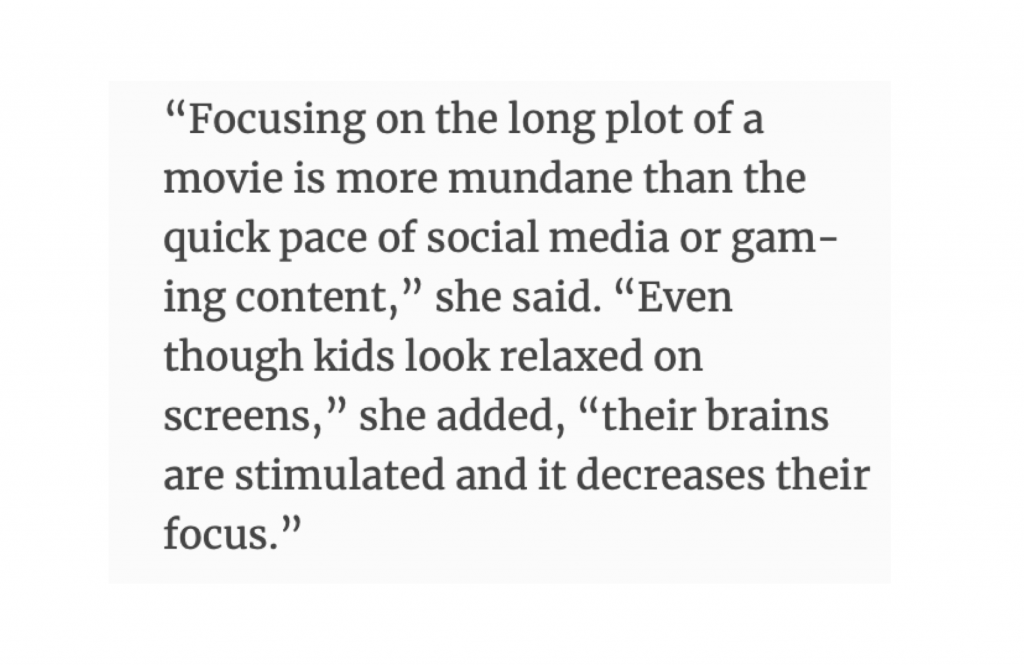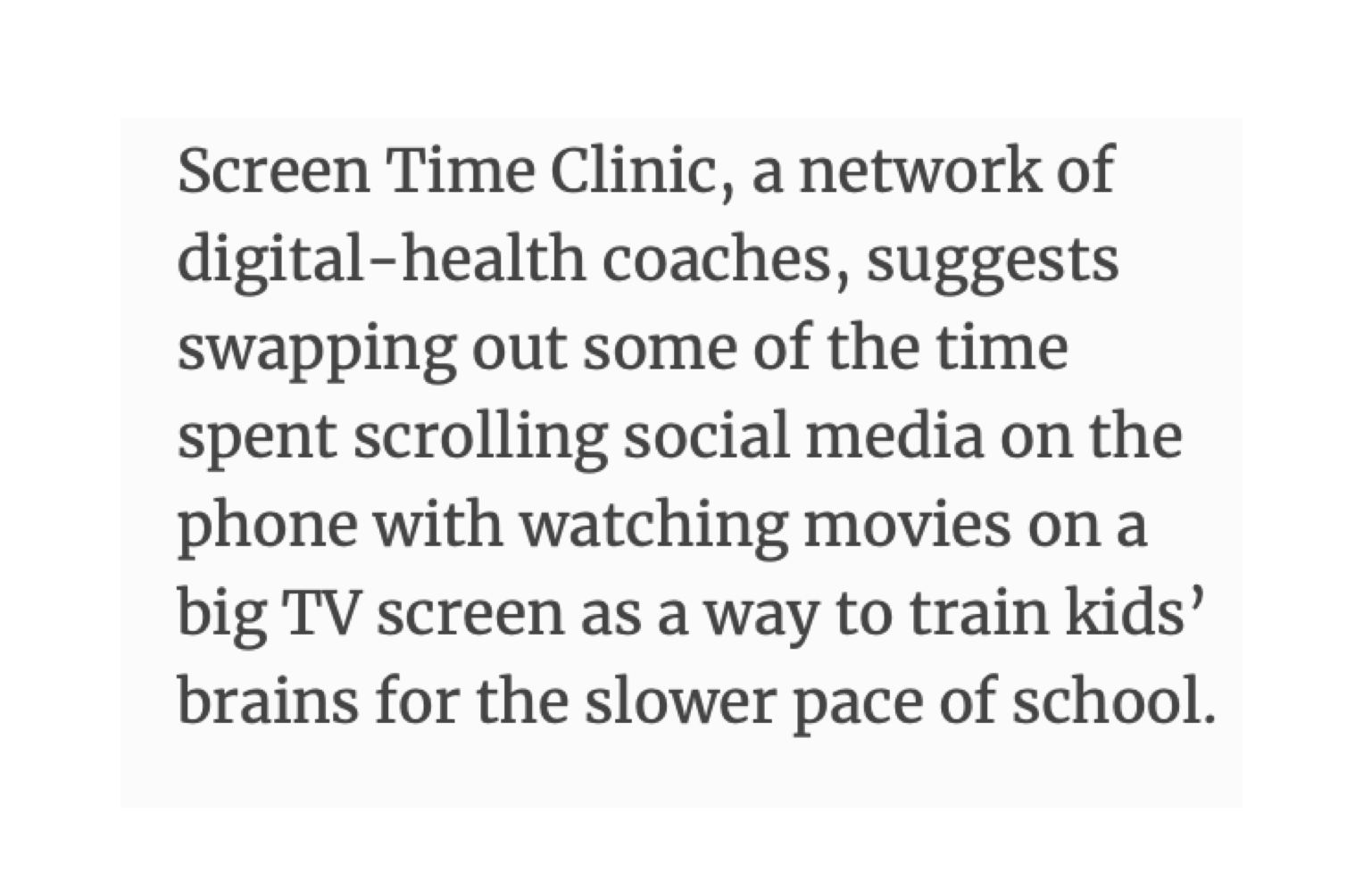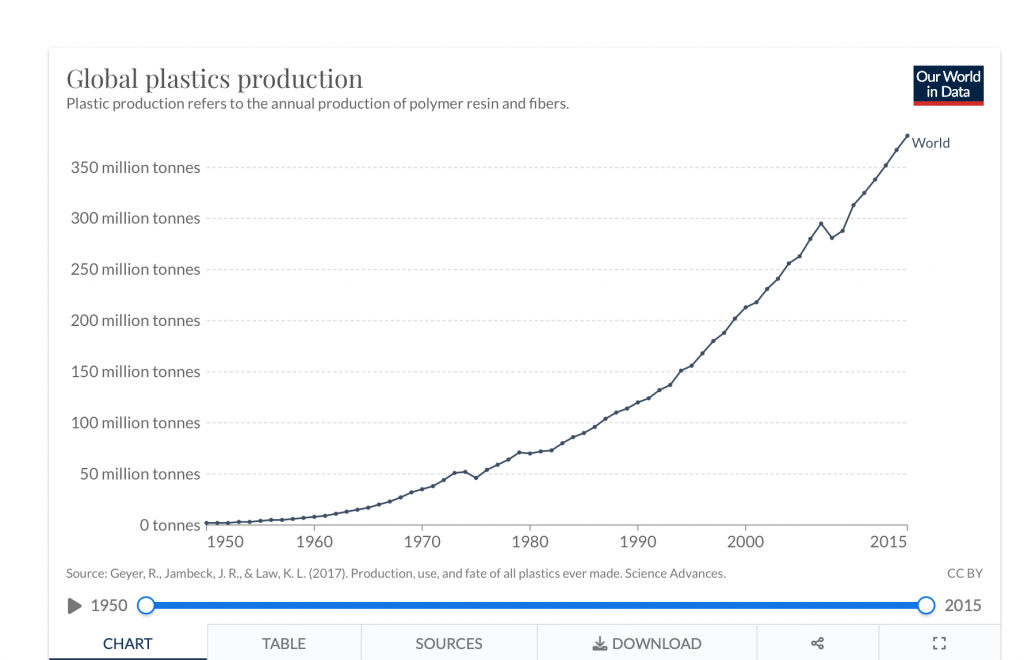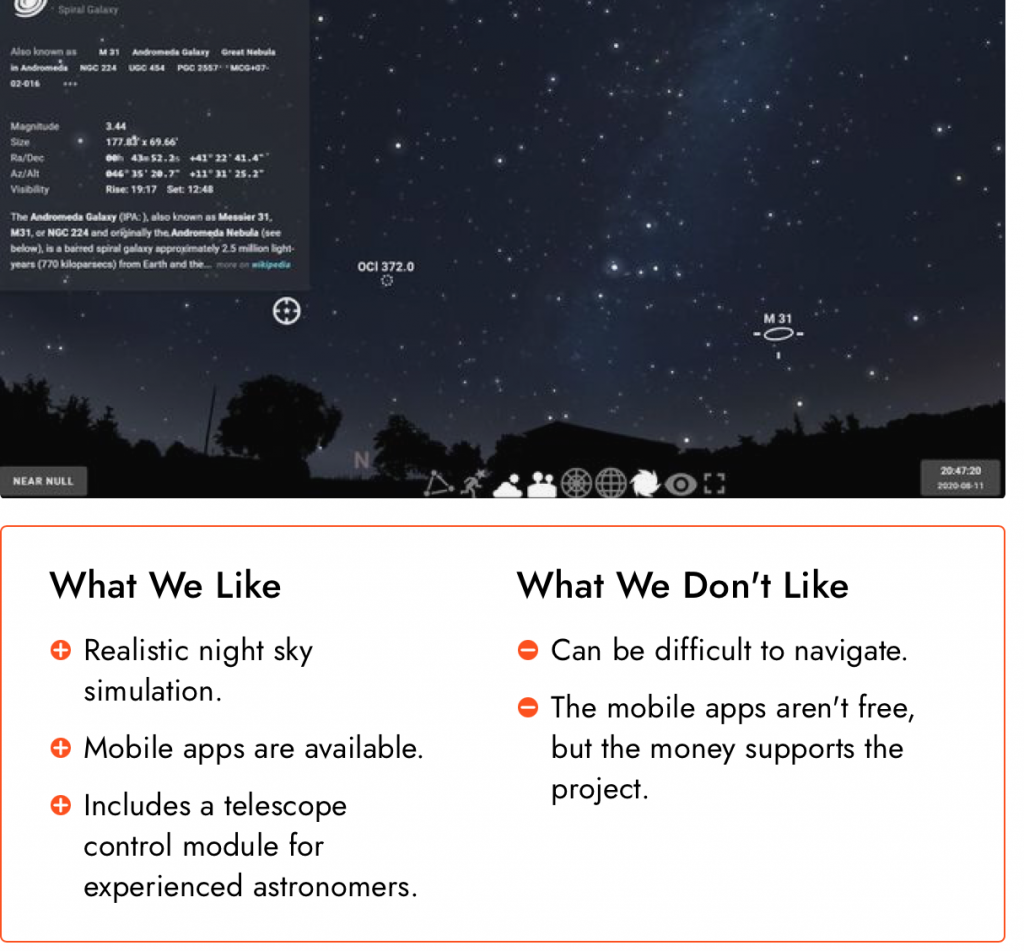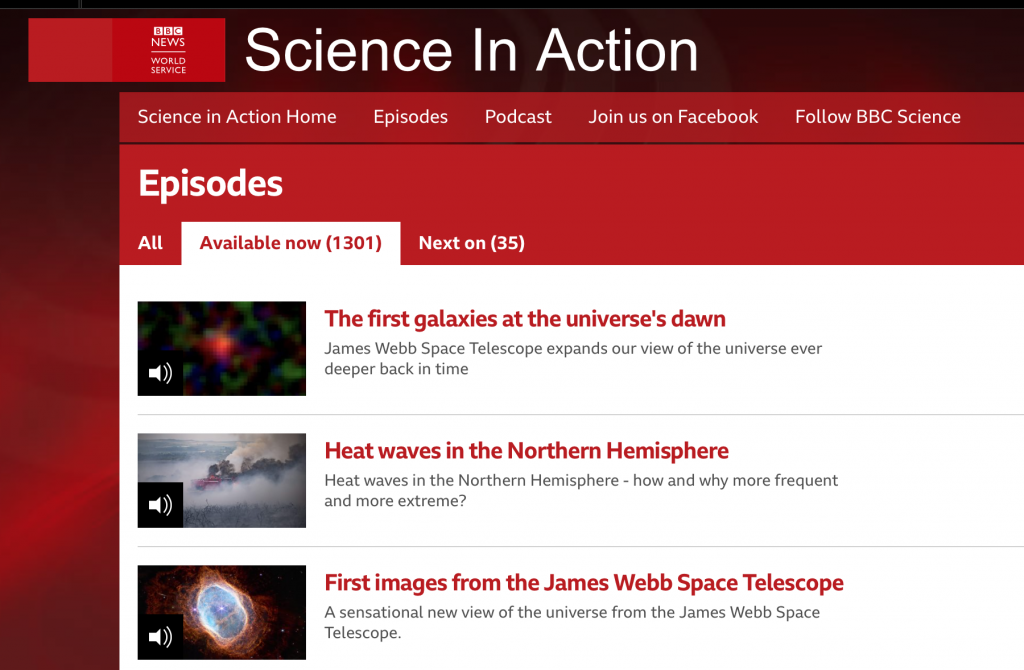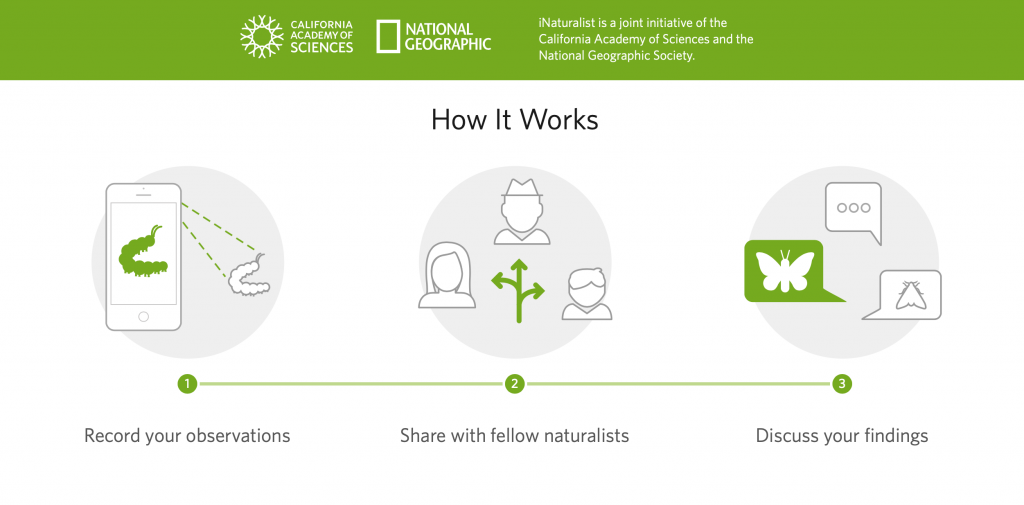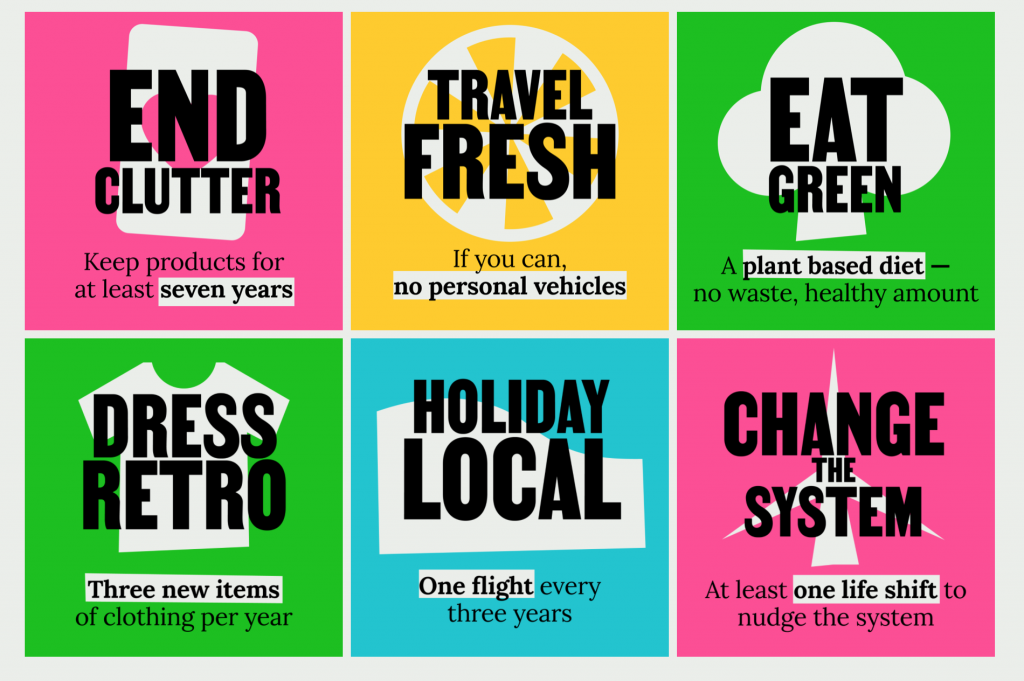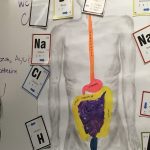Canada Nuclear Safety Commission is carrying out air quality testing in locations close to nuclear facilities. Katelyn Peters and her testing team monitored air quality near TRIUMF this past week. TRIUMF is a particle ACCELERATOR located at UBC.
TRIUMF is on the ancestral lands of the Musquem people. Over 600 scientists work at TRIUMF.
FAQ for TRIUMF
Ms. Peters, who was super friendly, personable and helpful, explained that air quality testing, as carried out by Canadian Nuclear Safety Commission, is done to determine that the air, soil, water, vegetation and local crops are safe.
According to the information brochure that she provided site -specific sampling is developed for each nuclear facility.
After samples are collected they are shipped to Ottawa for processing at the CNSC’s laboratory.*1 Samples are measured for radioactive hazards and any associated contaminates that might be associated with a nuclear facility.

Ms. Peters explained that to learn more about the air monitoring program you can scan the QR code or visit cnsc.info.ccsn@cnsc-ccsn.gc.ca

The testing team sets up air monitoring equipment. Good testing sites are near large open areas. In this case the testing team set up near a local high school.

The testing equipment samples air for iodine-131 and cesium-137. The numbers after the element name indicate the mass numbers for that particular elements isotope.
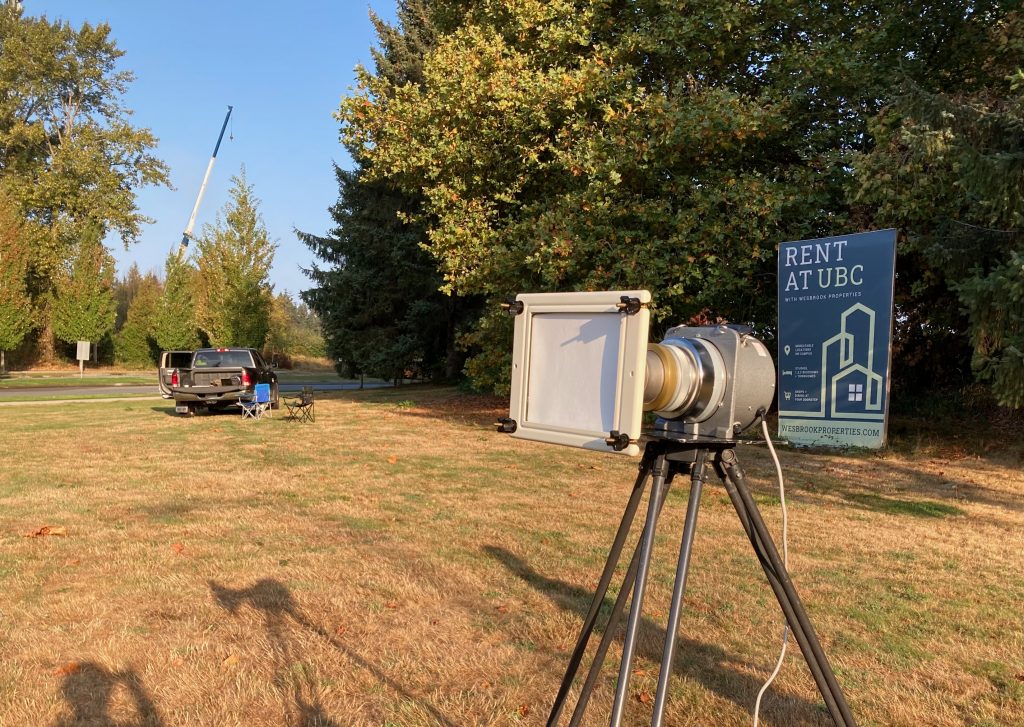
A special glass filter, in front of the air monitoring canister helps to capture the air and directs the air flow into the second sensor – a carbon filled canister.L




